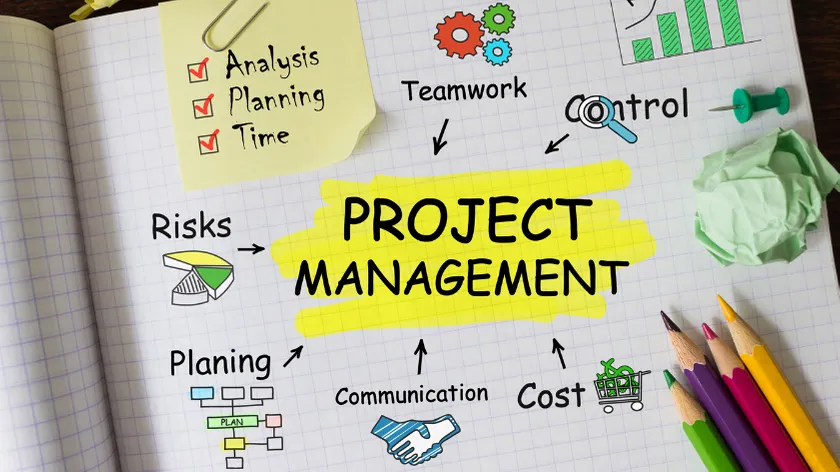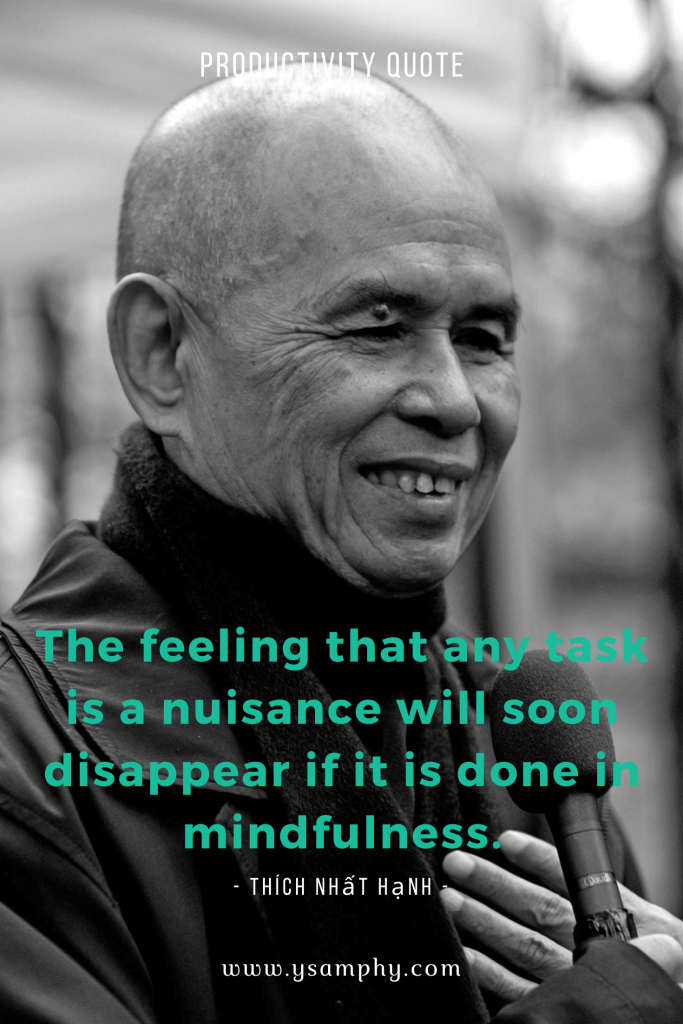Time management is an essential skill that can greatly enhance your personal and professional life. By effectively managing your time, you can accomplish more in less time, reduce stress, and improve overall productivity. In this article, we explore the top 10 advantages of time management and provide practical tips to help you make the most of your time.

1. Increased Productivity
Effective time management helps you focus on high-priority tasks, boosting your productivity. Organizing your day and allocating specific times for important activities can help you achieve more in less time.
Techniques to Boost Productivity:
- The Ivy Lee Method: Each evening, list your six most important tasks for the next day. Prioritize them and focus on one task at a time until completion before moving on to the next.
- Time-Blocking: Allocate specific time blocks for different activities throughout your day. This technique helps you concentrate on one task at a time, reducing the temptation to multitask.
- Pomodoro Technique: Work in 25-minute intervals, followed by a 5-minute break. After four intervals, take a longer break. This method helps maintain focus and energy levels.
Example: Imagine a marketing manager who implements the Ivy Lee Method and sees a significant increase in daily productivity. By prioritizing tasks and eliminating distractions, they complete more high-value work and meet deadlines consistently.

2. Reduced Stress
Poor time management often leads to stress and burnout. Planning your tasks and setting realistic deadlines can reduce the anxiety associated with last-minute rushes and missed deadlines.
Strategies to Reduce Stress:
- Set Realistic Goals: Break down large projects into manageable tasks. Setting achievable goals helps prevent feeling overwhelmed.
- Use To-Do Lists: Write down daily tasks to keep track of what needs to be done. Checking off completed tasks provides a sense of accomplishment.
- Prioritize Self-Care: Allocate time for relaxation and self-care activities, such as exercise, meditation, or hobbies.
Example: Consider a university student who struggles with stress due to poor time management. By using to-do lists and prioritizing tasks, they reduce stress levels significantly and improve their academic performance.

3. Better Work-Life Balance
Effective time management allows you to allocate time for both work and personal activities, leading to a better work-life balance. Prioritizing tasks and setting boundaries ensures that work does not encroach on personal time.
Tips for Achieving Work-Life Balance:
- Set Boundaries: Define clear boundaries between work and personal time. Avoid checking work emails or taking calls during personal time.
- Schedule Personal Activities: Treat personal activities like important appointments. Schedule time for family, friends, and hobbies.
- Learn to Say No: Politely decline tasks or commitments that do not align with your priorities or available time.
Example: Think of a software developer who struggles with work-life balance due to constant overtime. By setting boundaries and scheduling personal activities, they improve their relationships and overall well-being.

4. Enhanced Career Opportunities
Good time management skills are highly valued in the workplace. Consistently meeting deadlines and producing high-quality work demonstrates reliability and competence, which can lead to promotions and new career opportunities.
How Time Management Enhances Careers:
- Demonstrates Reliability: Meeting deadlines consistently shows that you are dependable and can be trusted with important tasks.
- Improves Performance: Efficient time management leads to higher quality work, which can be recognized and rewarded by supervisors.
- Builds Professional Reputation: Being known for effective time management can enhance your professional reputation, making you a more attractive candidate for promotions or new job opportunities.
Example: Imagine a project manager who improves their time management skills through training and practice. As a result, they consistently deliver projects on time and within budget, leading to a promotion and increased responsibilities.

5. Improved Project Management
Effective time management is crucial for successful project management. Breaking down projects into manageable tasks and setting clear timelines ensures projects are completed on time and within budget.
Project Management Techniques:
- Gantt Charts: Visualize project timelines and track progress using Gantt charts. This helps in identifying bottlenecks and ensuring timely completion.
- Critical Path Method (CPM): Identify the longest sequence of tasks that must be completed for the project to finish on time. Focus on these tasks to avoid delays.
- Agile Methodology: Use agile principles, such as sprints and iterative development, to manage projects more flexibly and efficiently.
Example: Consider a company that adopts Gantt charts and the Critical Path Method to manage complex projects. This results in more accurate timelines, reduced delays, and successful project completions.

6. Greater Job Satisfaction
When you manage your time well, you achieve a sense of accomplishment from completing tasks and meeting goals. This sense of achievement contributes to overall job satisfaction, as you feel more in control of your workload and less overwhelmed by demands.
Ways to Increase Job Satisfaction:
- Set Achievable Goals: Break down large goals into smaller, achievable tasks. Completing these tasks provides a sense of progress and accomplishment.
- Seek Feedback: Regularly seek feedback from supervisors and peers to improve your performance and gain recognition.
- Celebrate Achievements: Take time to celebrate your accomplishments, no matter how small. Recognizing your achievements boosts motivation and satisfaction.
Example: Think of an administrative assistant who implements time management strategies and receives positive feedback from their supervisor. The recognition and sense of achievement lead to increased job satisfaction and motivation.

7. Mental Health Improvements
Managing your time effectively can lead to better mental health. Reducing stress and allowing time for self-care improves overall well-being.
Strategies for Mental Health Improvement:
- Practice Mindfulness: Incorporate mindfulness techniques, such as meditation and deep breathing, into your daily routine to reduce stress and improve focus.
- Regular Breaks: Take regular breaks throughout the day to recharge and prevent burnout. Short walks or stretching exercises can be beneficial.
- Healthy Work Environment: Create a positive work environment with good lighting, ergonomic furniture, and minimal distractions.
Example: Consider a professional who experiences high levels of stress due to poor time management. By practicing mindfulness and taking regular breaks, they significantly improve their mental health and productivity.

8. Physical Health Benefits
Good time management positively impacts physical health. Allocating time for exercise, proper meals, and sufficient sleep helps maintain a healthier lifestyle.
Tips for Maintaining Physical Health:
- Exercise Regularly: Schedule regular exercise sessions, such as gym workouts, yoga, or jogging. Physical activity boosts energy levels and reduces stress.
- Healthy Eating: Plan and prepare nutritious meals. Avoid skipping meals or relying on unhealthy snacks.
- Adequate Sleep: Prioritize getting 7-9 hours of sleep each night. Proper rest is essential for maintaining energy levels and cognitive function.
Example: Think of an entrepreneur who struggles with health issues due to a hectic work schedule. By managing their time better and prioritizing exercise and healthy eating, they improve their physical health and overall productivity.
9. Improved Relationships
Time management helps allocate time for the people who matter most. By managing your schedule effectively, you can make time for family, friends, and social activities, strengthening relationships and social support networks.
Ways to Improve Relationships:
- Quality Time: Schedule quality time with loved ones. Engage in activities that you enjoy together and create lasting memories.
- Effective Communication: Communicate your schedule and availability to family and friends. This helps manage expectations and prevents misunderstandings.
- Balance Commitments: Avoid overcommitting to work or social activities. Find a balance that allows you to nurture relationships while fulfilling other responsibilities.
Example: Consider a busy executive who struggles to spend time with family due to work commitments. By managing their schedule better and setting aside dedicated family time, they improve their relationships and family life.

10. Increased Efficiency
Effective time management techniques, such as prioritizing tasks and avoiding multitasking, lead to increased efficiency. Focusing on one task at a time and eliminating distractions allows tasks to be completed more quickly and with higher quality.
Efficiency-Boosting Techniques:
- Eisenhower Matrix: Prioritize tasks based on urgency and importance. Focus on tasks that are both urgent and important, and delegate or eliminate less critical tasks.
- Single-tasking: Avoid multitasking, as it can reduce efficiency and increase errors. Focus on completing one task at a time before moving on to the next.
- Automation Tools: Use automation tools to streamline repetitive tasks, such as email filtering, scheduling, and data entry.
Example: Imagine a freelance writer who uses the Eisenhower Matrix to prioritize tasks and focus on high-value projects. By avoiding multitasking and using automation tools, they increase their efficiency and complete projects faster.

Tips for Effective Time Management
Before we conclude the article, here are some Practical Tips and Strategies to help you manage your time more effectively.
- Prioritize Tasks: Use the Eisenhower Matrix to categorize tasks based on urgency and importance. Focus on high-priority tasks to maximize productivity.
- Set SMART Goals: Ensure your goals are Specific, Measurable, Achievable, Relevant, and Time-bound. SMART goals provide clarity and direction.
- Avoid Multitasking: Focus on one task at a time to improve efficiency and quality of work. Multitasking can lead to errors and decreased productivity.
- Use Technology: Leverage apps like Todoist, Asana, and Google Calendar to organize and track your tasks. Technology can help streamline your workflow and keep you on track.
Tools and Resources for Better Time Management:
- Pomodoro Technique: Break your work into 25-minute intervals followed by short breaks to maintain focus and productivity.
- Time-Blocking: Allocate specific time slots for different tasks to structure your day effectively. This technique helps you manage your time more efficiently.
- Mindfulness Practices: Incorporate mindfulness techniques, such as meditation and deep breathing, to reduce stress and improve concentration.
Conclusion
Effective time management offers numerous advantages, including increased productivity, reduced stress, and better work-life balance. By implementing the tips and strategies discussed in this guide, you can take control of your time and achieve your goals more efficiently. The key to successful time management is consistency and commitment to the practices that work best for you.
Related article: The Importance of Time Management: Science-Based Evidence
FQAs about Advantages of Time Management
What are the main benefits of time management?
The main benefits of time management include increased productivity, reduced stress, better work-life balance, enhanced career opportunities, improved project management, greater job satisfaction, better mental health, improved physical health, stronger relationships, and increased efficiency.
How can I improve my time management skills?

To improve your time management skills, prioritize tasks using the Eisenhower Matrix, set SMART goals, avoid multitasking, use time management techniques like the Pomodoro Technique and time-blocking, and leverage technology to organize and track your tasks.
How does time management reduce stress?

Time management reduces stress by helping you plan your tasks, set realistic deadlines, and allocate time for relaxation and self-care. This reduces the anxiety associated with last-minute rushes and missed deadlines.
Can time management improve my relationships?
Yes, effective time management can improve your relationships by allowing you to allocate quality time for family, friends, and social activities. Clear communication and balanced commitments help strengthen relationships and social support networks.
What are some common time management mistakes to avoid?

Common time management mistakes to avoid include multitasking, failing to prioritize tasks, setting unrealistic goals, neglecting self-care, and not using tools and techniques to organize and track your tasks.

